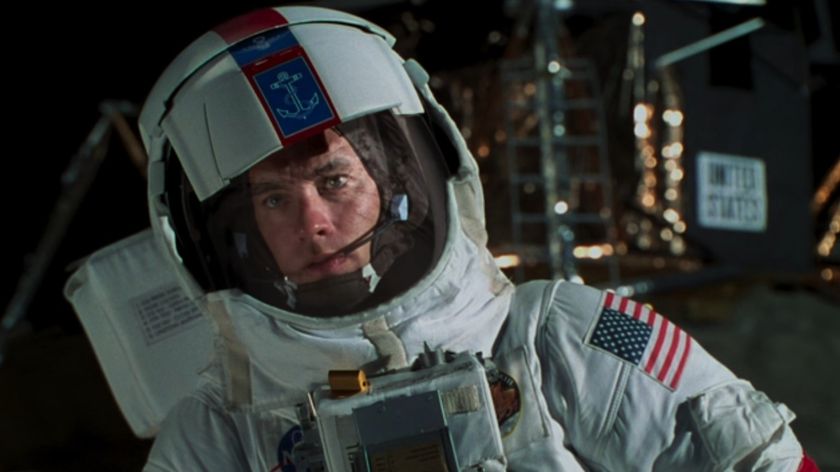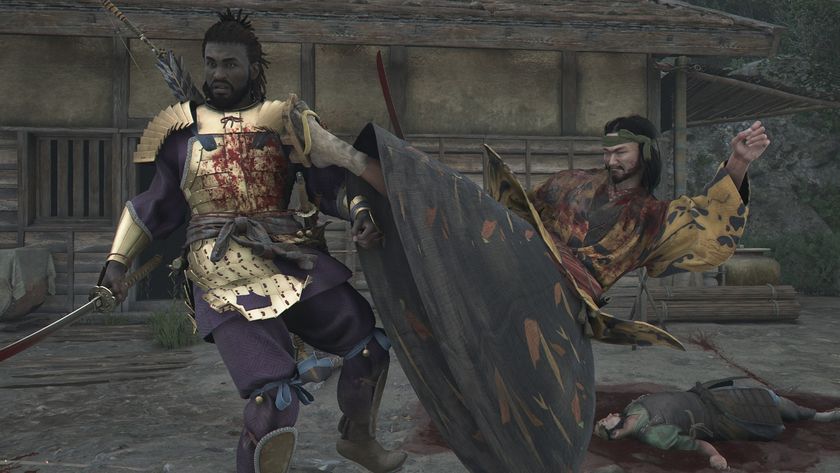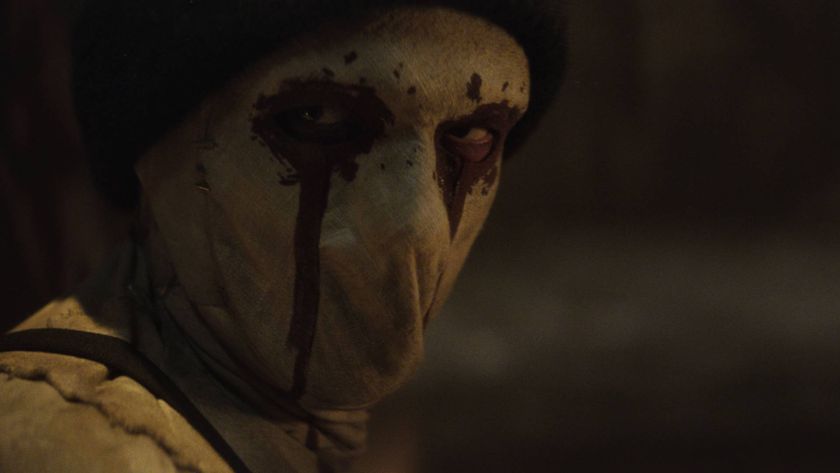2005: The Child (Jean-Pierre Dardenne, Luc Dardenne)
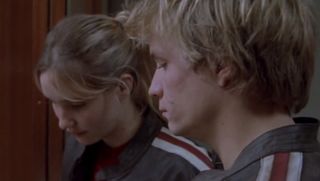
The Dardennes second Palme dOr came for another gripping drama about Belgian youths trampled by poverty. A young couple (Jrmie Renier and Dborah Franois), barely coping financially, raise a child and sell it on the black market, before changing their minds and finding themselves in trouble. Shot with the Belgian brothers typically uncompromising honesty, the tension builds and builds and builds.
2006: The Wind That Shakes The Barley (Ken Loach)
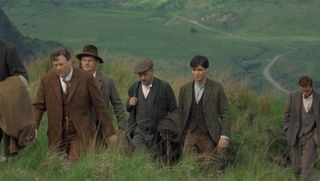
Loachs early 20th Century period piece covering the Irish War of Independence and the Irish Civil War featured Cillian Murphy and Pdraic Delaney as two brothers torn apart when they take opposing sides: one firmly part of the IRA, the other changing his mind after observing violence in London. It unsurprisingly became a catalyst for debate between newspaper commentators.
2007: 4 Months, 3 Weeks and 2 Days (Cristian Mungiu)
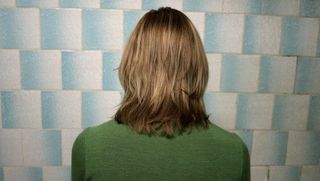
Mungius minimalist drama follows the quest of Otilia (Anamaria Marinca), with help from her friend (Laura Vasilu), to find someone who can perform an abortion on her. Set in 1987, with the Communist regime still in power, the operations illegal nature sends the pair down a tricky path of dealing with criminals.
2008: The Class (Laurent Cantet)
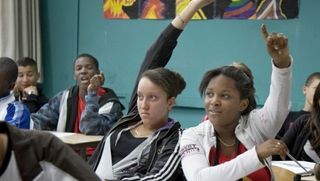
Having made a name for himself with the existential humour of Time Out, Cantet scooped up the Palme dOr on home ground with another patient, meditative drama. The Class, based on an autobiographical novel by Franois Bgaudeau, stars Bgaudeau himself as a teacher and tracks his efforts at handling disadvantaged Parisian students.
2009: The White Ribbon (Michael Haneke)
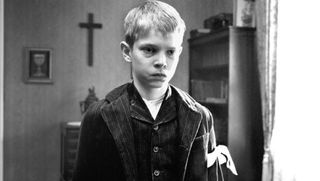
The White Ribbon, the first Austrian winner, makes for tough viewing even by Hanekes standards. Shot in icy black-and-white, a fictional German village is shown in 1931, just before World War 1, as a place of misery: unfortunate incidents pile up in an environment built on discipline and fear. Haneke would later describe the drama as a search for the roots of evil.
2010: Uncle Boonmee Who Can Recall His Past Lives (Apichatpong Weerasethakul)
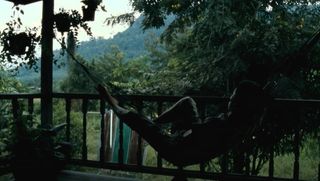
When Uncle Boonmee is beset by illness, he reminiscences about his various histories, leading to a variety of audacious fantasy sequences and a healthy dose of WTF. Rather than being weird for the sake of being weird, Uncle Boonmee emerges as a moving, unpredictable ghost story; full of absurdist heart, the Thailand-set fantasy is a poetic take on a lonely man wishing for the return of family members even in non-human form.
2011: The Tree Of Life (Terrence Malick)
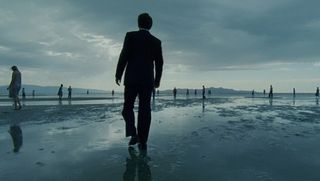
Depending on whom you ask: either peak Malick, or a laptop screensaver beyond self-parody. The Tree Of Life is divisive, to say the least. Brad Pitt, Sean Penn and Jessica Chastain star or at least are pushed around in Malicks exploration of the universes origins and meaning. Theres dinosaurs, trippy visuals, and Emmanuel Lubezkis cinematography picking up ample lens flare.
Sign up for the Total Film Newsletter
Bringing all the latest movie news, features, and reviews to your inbox
2012: Amour (Michael Haneke)
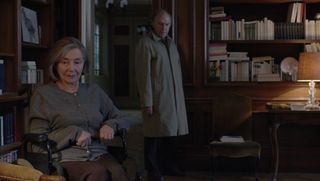
Love never dies, but it can face some serious tests over the passage of time. Thats the topic of Amour, which earned Haneke the prize again just three years after The White Ribbon. Jean-Louis Trintignant and Emmanuelle Riva star as an elderly couple, blissfully in love, but the latter's health deteriorates after a stroke, and life stars to become ever more challenging for the pair.
2013: Blue Is The Warmest Colour (Abdellatif Kechiche)
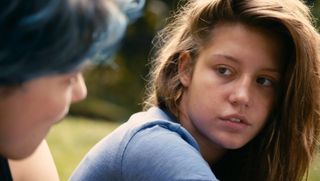
Blue is also the most fashionable hair colour in Kechiches romantic drama, starring La Seydoux and Adle Exarchopoulos as two young women who fall in (and out of) love. Based on a graphic novel, the film sparked conversation for a few graphic scenes, but was more widely acknowledged as an incredibly moving depiction of young romance and all the pain that frequently comes with it.
2014: Winter Sleep (Nuri Bilge Ceylan)
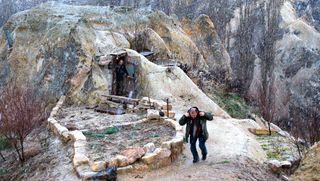
In partnership with Microsoft, powered by the HP Spectre 360
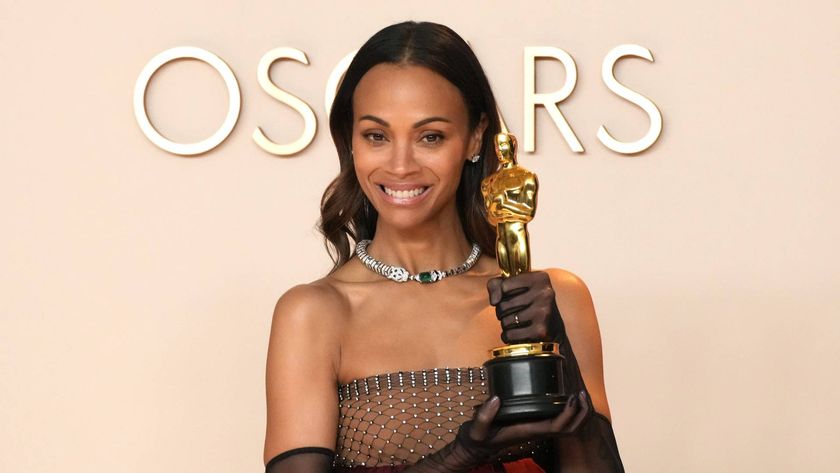
James Cameron responds to Zoe Saldaña's Oscar win: "I was so happy to see Zoe acknowledged as the world-class performer we, in the Avatar family, have always known her to be"
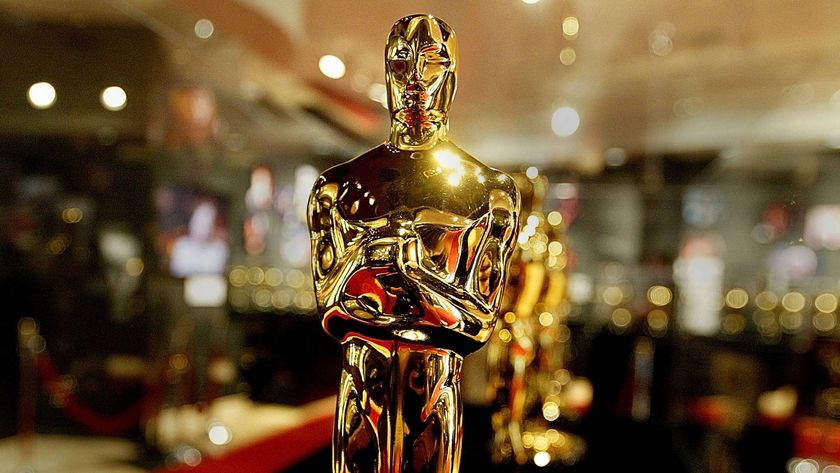
2025 Oscar winners in full: Anora wins big as The Brutalist and Wicked pick up multiple awards

